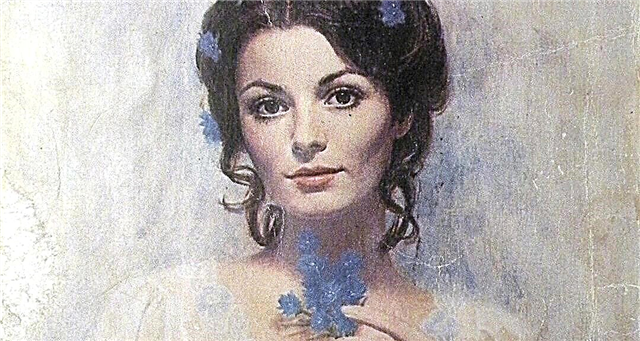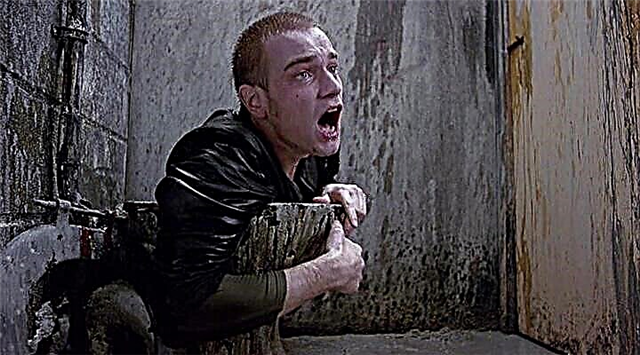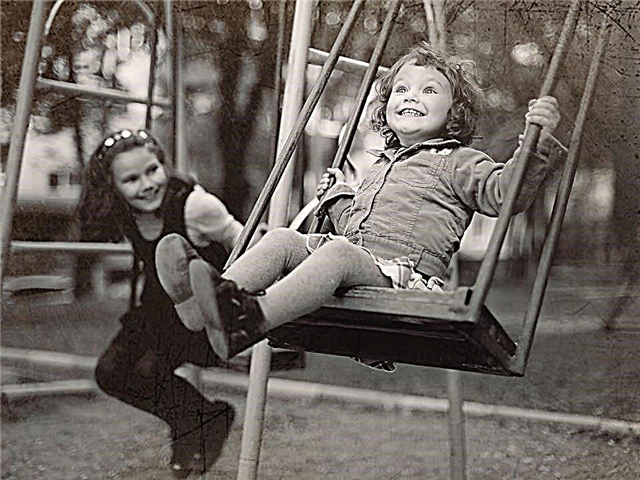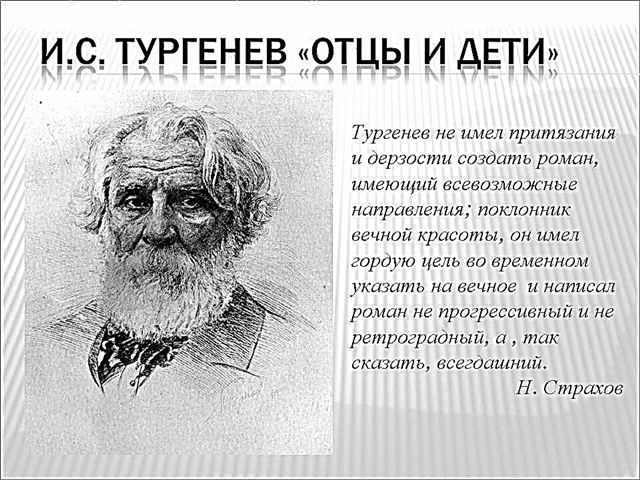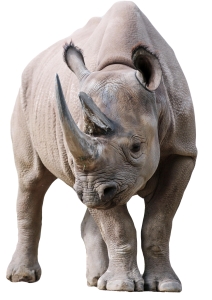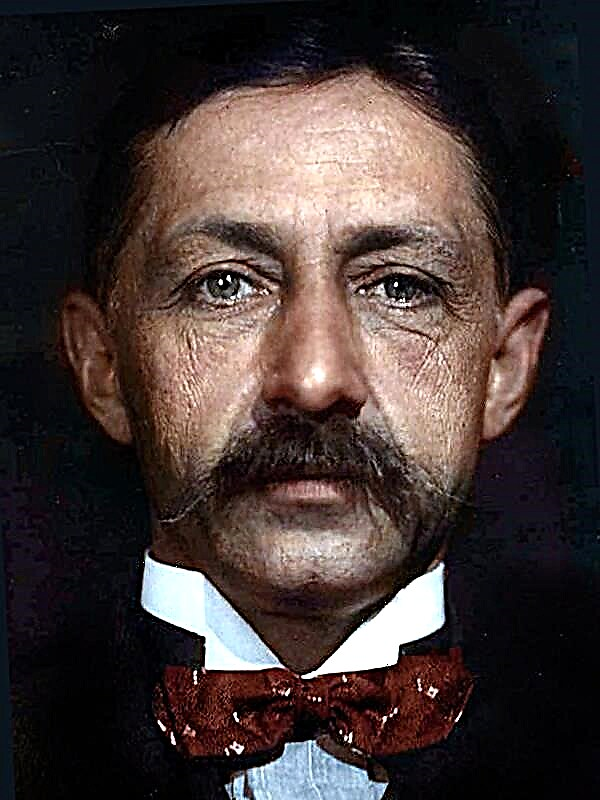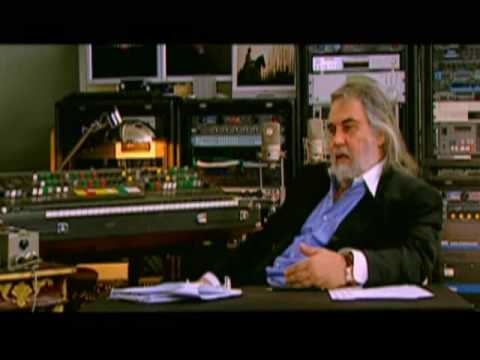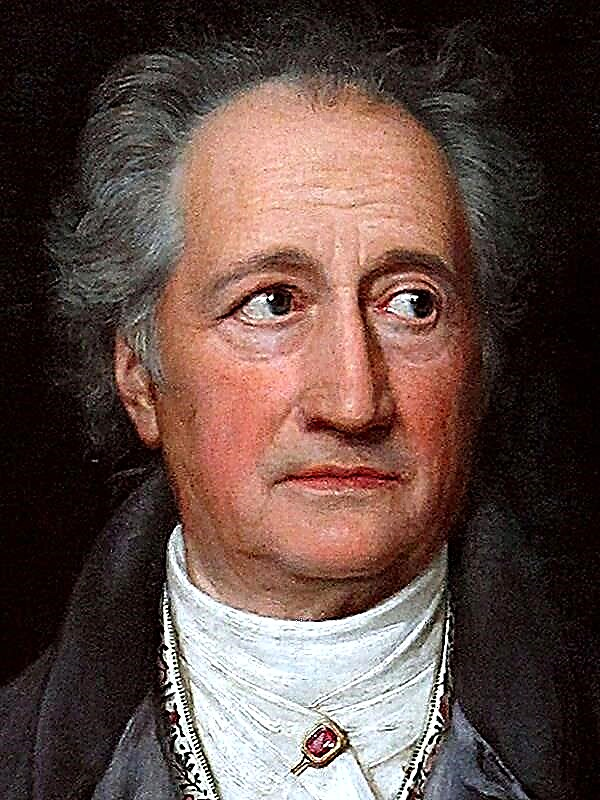(418 words) The novel "Heroes of our time" by M. Yu. Lermontov was written in the late 30s of the 19th century. Many times the book was published in large print runs. She became the founder of a whole trend in Russian prose - a lyrical and psychological novel. Another feature of the work is the storytellers of the content, which, firstly, are three, and secondly, they create a special shading environment, through the prism of which the reader better understands the motives of behavior and the character of the main character, Pechorin.
One of the storytellers is Maxim Maksimych, staff captain, simple-hearted, kind and open person. He is about fifty years old. He serves in the troops in the Caucasus in fortress N, where he meets Pechorin. He describes him as a mysterious young man whose mind is not subject to understanding. “Let’s have this, really, kind of people, who have, for some reason, been scribbled so that they should happen to be a different uncharacteristic thing.” On behalf of Maxim Maksimych, a whole chapter was written, Bela, where the reader learns about the story of how the young beautiful Circassian woman was abducted by Pechorin. The hero wanted to get her location, but, having achieved his goal, was fed up with Bela's proximity. The old officer sincerely does not understand the motives and feelings of his friend, so initially the reader sees a blurry and fuzzy picture, where Gregory is a real monster who ruined an innocent girl.
Another storyteller is a traveling officer, on whose behalf the novel is written. He receives Pechorin’s diary from Maxim Maksimych and retells the events from it to the reader. This narrator is much closer in understanding to the main character than the previous one. Most likely, it depends on the environment of upbringing and human habitation, because the unreasonable Maxim Maksimych, born in the Russian outback and having achieved everything himself, will never be able to understand Pechorin, who grew up in the capital and received a brilliant education. Their mental development is at completely different levels, so in the eyes of Maxim Maksimych Pechorin looks like a mysterious and deep person, and in the eyes of a wandering officer - just an individualist who is fed up with life impressions and does not know what to do with all the knowledge and thoughts swarming in him in the head.
The third storyteller is the protagonist himself. Pechorin with his thoughts writes a tragic confession, in which he reflects on the meaning of life, on his fate. He tries to understand the inconsistency of his character, condemns him and executes himself. He understands that all his actions bring pain to others, and to himself - only short-term entertainment. He gives a verdict to a whole generation, accustomed to receive everything from life: go to a duel, cheat on loved ones, have fun and not care about money. By the age of 25, life ceases to amaze them, and they have no choice but to philosophize and try to "rise again". But something is unlikely to come out of this, because the fate of Pechorin showed us that people like him
"Like a stone thrown into a smooth spring, it worries the calm of people around and, like a stone, goes to the bottom itself."

